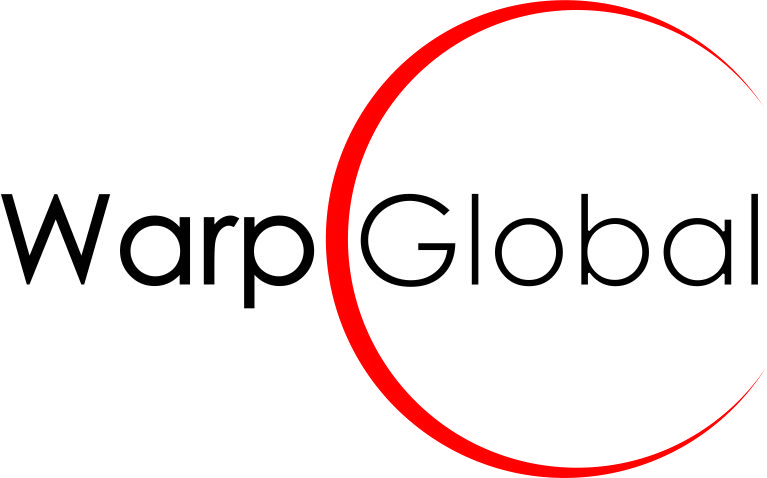During the “Tomorrow’s Transactions Toronto 2016” conference on September 29, the moderator, David Birch made an interesting comment. I’ll paraphrase: “Smart contracts are neither contracts nor smart”. He used the hacked DAO (Distributed Autonomous Organization) “smart contract” programmed on the Ethereum cryptocurrency platform as an example. The DAO was established as a series of smart contracts and designed to act as a venture capital-like fund to finance Ethereum projects. Unfortunately, a nefarious actor(s) managed to take advantage of a weakness in the DAO code and siphon off over $60 million (at the pre-hacked price of ether, the Ethereum equivalent of bitcoin – the most prominent cryptocurrency) of ether in June of this year.
The somewhat draconian although likely necessary solution was to establish a completely new currency (called “ether” while the original currency is now referred to as “ether classic”) with a view to retiring the old currency thus rendering it worthless to the thieves (which is not exactly what happened – check www.coindesk.com for news articles about the tumultuous saga).
Dave asked the audience how they’d feel if a weakness in a smart contract for the sale of your house was exploited such that ownership of your house was transferred but the money you were to receive for that sale was channeled to a different recipient. A reasonable chunk of the Ethereum community says “tough”, the contract is the contract and that’s it. Doesn’t sound overly “smart”, does it? It is also worth noting that this “smart contract” does not qualify as a contract if consideration has not been provided to the intended contractual parties.
These “smart contracts” are actually applications that attempt to programmatically capture all of the complexities of legal contracts. They are only as “smart” as the programmatic interpretation of the legal intent of the agreement. As most readers of this blog will know, contracts, particularly those which deal with material sums of money are susceptible to interpretation, a concept that is not easily captured by computer code.
The question is, can “smart contracts” be relied upon for management of our digital identities? I believe the answer is a caveated “yes” despite the DAO hack. But that is for another post.
Ken Price
